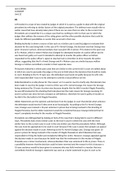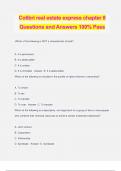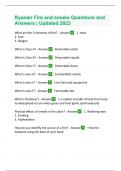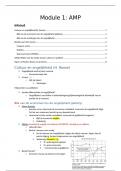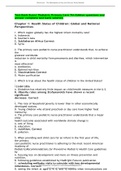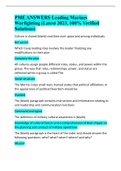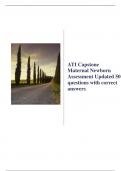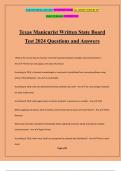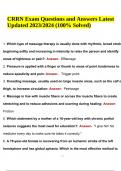Essay
Unit 23 - Aspects of the Legal System and Law-making Process - Task 3 (P6 and P7)
- Course
- Institution
This is the third task of Unit 23 - Aspects of the Legal System and Law-making Process, consisting of P6 and P7. For P6, you need to explain how different types of precedents are applied in court. For P7 however, you need to describe the process of making an Act in Parliament in which the one creat...
[Show more]
